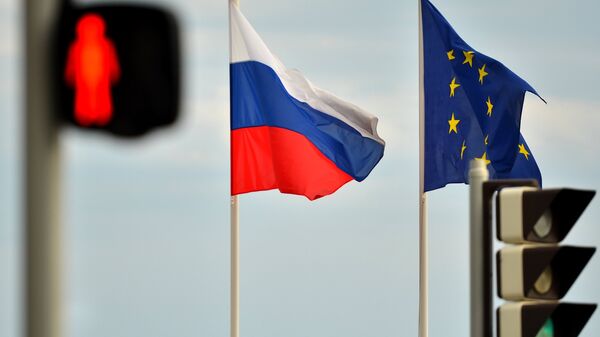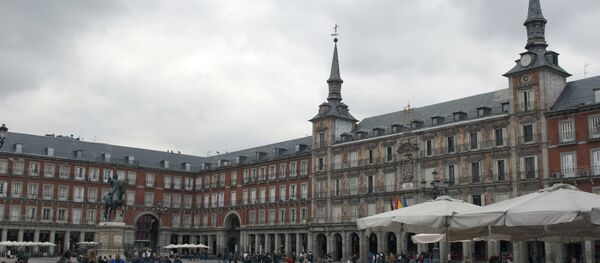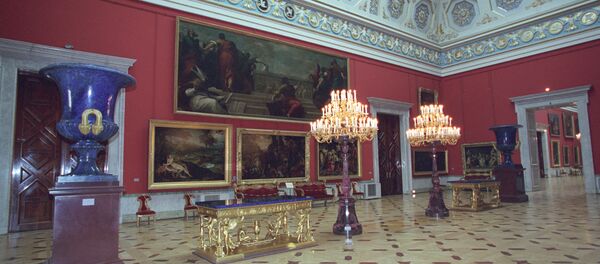"I have not met a single businessman who would say something in favor of the sanctions. I am sure that the business is not interested in its interests taken hostage by the political situation," Korchagin said.
The ambassador also said that the trading volume between Russia and Spain, which was more than 13 billion euros (approximately $13.85 billion) in 2013, has reduced by half since then.
The European Union has imposed several rounds of sanctions on Russia since 2014, and, despite some countries, such as Austria, Hungary, Slovenia, France and Italy, calling for the gradual lifting of the restrictions. in December 2016, the EU measures were extended until July 31, 2017.
The sanctions were introduced by Brussels and Washington as a reciprocation against Russia's alleged interference in the political crisis in Ukraine, which Moscow has repeatedly denied.
Yuri Korchagin also stated that Russian and Spanish transport authorities are discussing the partnership in the sphere of high-speed railways and highways, with projects in agriculture and shipbuilding also under discussion by the two sides.
"Spanish companies are among the world's leaders in the sphere of high-speed railways, as well as the construction and management of high-speed paid highways, and we are interested in attracting them to this segment of Russian's market. Our [Russian, Spanish] transport authorities are discussing this," Korchagin said, when asked if the two sides had any agreements in the pipeline similar to the deal on high-speed Talgo trains manufactured in Spain.
According to Korchagin, the simplification of the visa regime for Spanish citizens, introduced in 2016, led to 25 percent increase in Russian visas issued in Madrid and Barcelona.
Russia’s FPC and Spain’s Talgo signed a contract in summer 2011 for the supply of seven 20-car trains for 135 million euros (roughly $143.9 million). The four of them can automatically change the width of its wheel pairs for the transition from the Russia's broad gauge to the European standard gauge on the Moscow-Berlin route.
On December 15, 2016, the second Talgo train was launched on that route.





